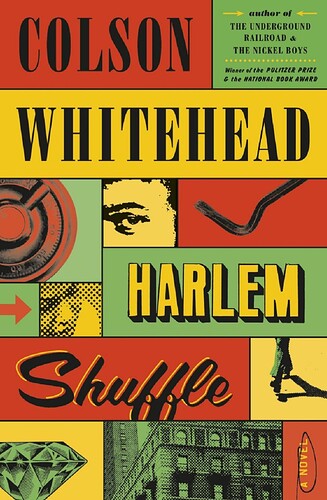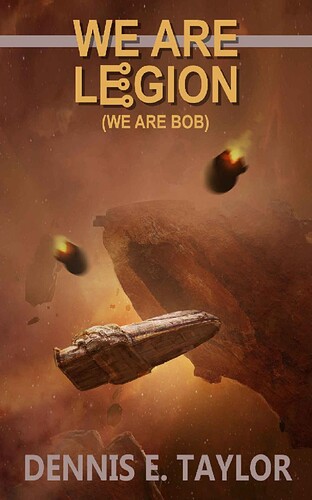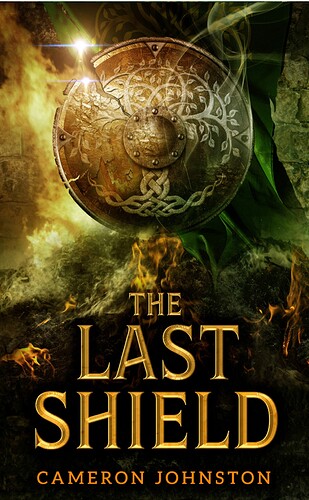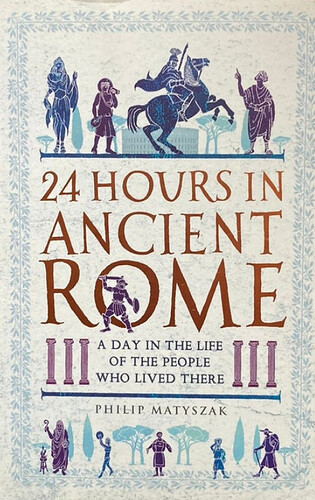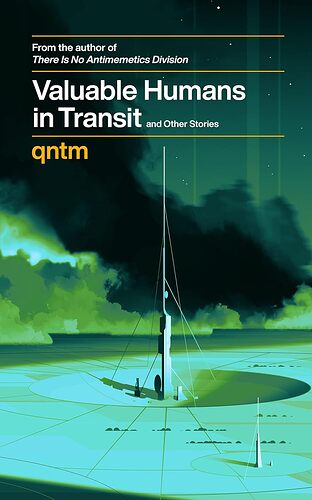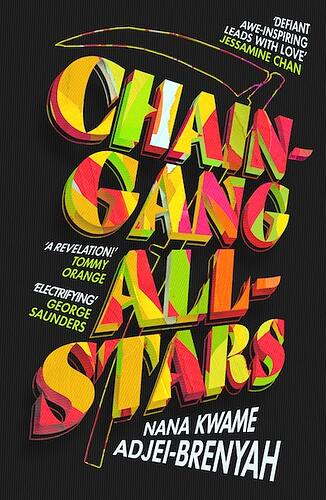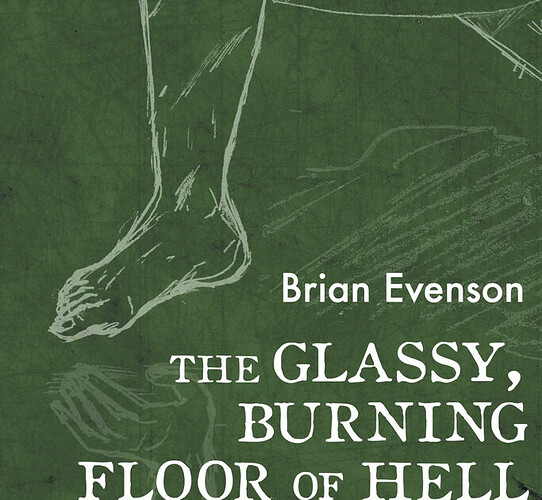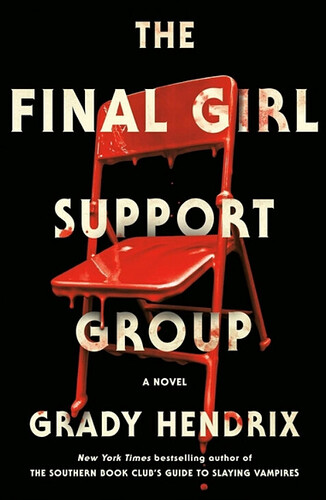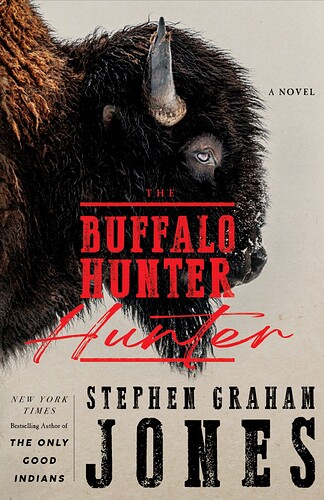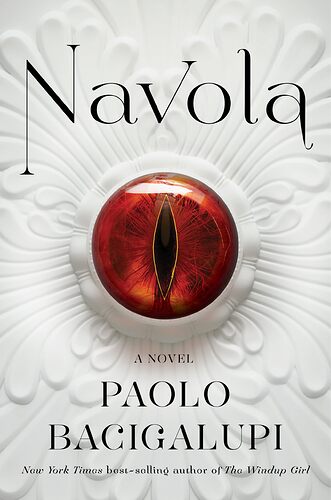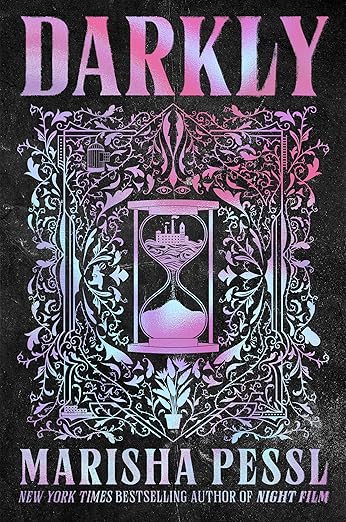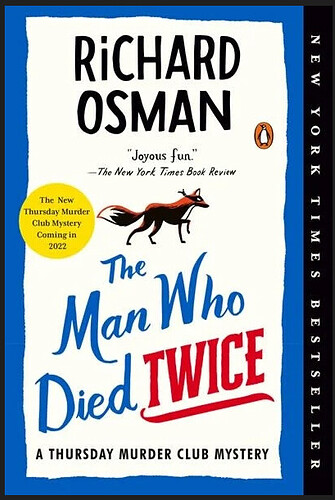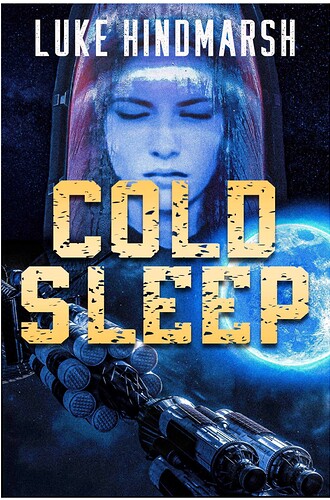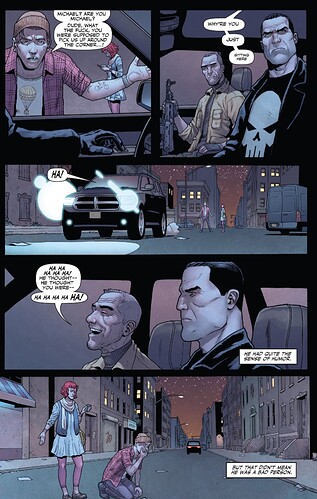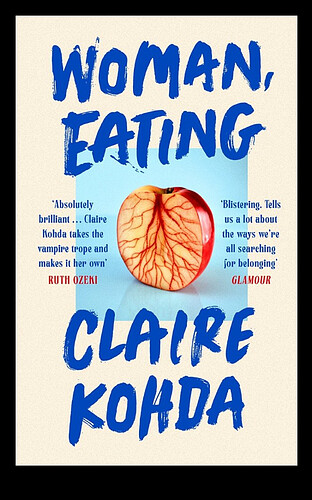I am really behind on reviewing books here. This review is for the first three in this series, actually, which are bestsellers and very popular. They focus on a klatch of older British folks living in a retirement facility who meet every week to look at old files related to unsolved murder cases and try to solve them.
I really enjoy mysteries, and these had gotten such positive reviews, I decided to give the first one a try. That I’m reviewing the first three should tell you I enjoyed them enough to have continued with the series, though the books are each a little different in ways that are kind of unexpected (not in a bad way). The fourth is on my To-Read shelf, and the fifth comes out I think in September (which seems weird timing, given summer beach reading and whatnot). Of particular note, there is a Netflix series coming out in August based on these, and the cast is absurd: Jonathan Pryce, David Tennant, Richard E. Grant, Naomi Ackie, and that’s not even the principal four, which includes Pierce Brosnan, Helen Mirren, and Ben fucking Kingsley.
The first book begins with the introduction of a new member to their murder solving club because one of the previous members has been moved to serious care because she suddenly started declining. So that’s a cheery way to get things started. But then the foursome start interacting and we get to know their characters, and they’re all charming in their own way, and their dynamic is sharp at times, and then sweet at other times. They proceed to get started on solving the murder of the owner of their retirement facility, who was a cad and may have been associated with the son of one of the foursome.
One of the foursome is an ex-MI-6 agent, and Book 2 shifts focus more to her, as someone from her past shows up and gets the foursome entangled in a twisty murder that is really very satisfying. I think that was one of the things that it took me a while to reconcile with these books—because they feature people in their 70s doesn’t mean they were written for people in their 70s. The plots are complex, and the dialogue is knowing and snappy.
Book 3 shifts again, this time adding kind of a lot of new characters, several which are poised to be recurring it would seem. Again, twisty plot, satisfying resolution. Although I will say that I think adding all these new characters was too much for me. Not that I couldn’t track them (I’m old, but not that old) but that I felt they detracted a little from the dynamic of the central four.
The writing is honestly impressive. Osman’s plots, as I’ve noted, are well executed, and his grasp of the characters and their dynamics is very solid. Because these characters are old, there can be some philosophizing, but it’s not usually cloying or unwelcome—Book 2 is especially strong in terms of delivering this well. There is a real sense of danger throughout all three too, which most classic mysteries never touched at this level.
The one aspect I hold against them is that there is some focus on dementia and the harsher aspects of aging. Which makes sense. I can’t really fault Osman for including it. But it’s depressing, especially to me (I am older than you lot). If I start losing it, I invite one of you to come out here with one of your fancy knives or guns and finish me off, please.
If you like this genre, Book 1: B+, Book 2: A-, Book 3 B.
